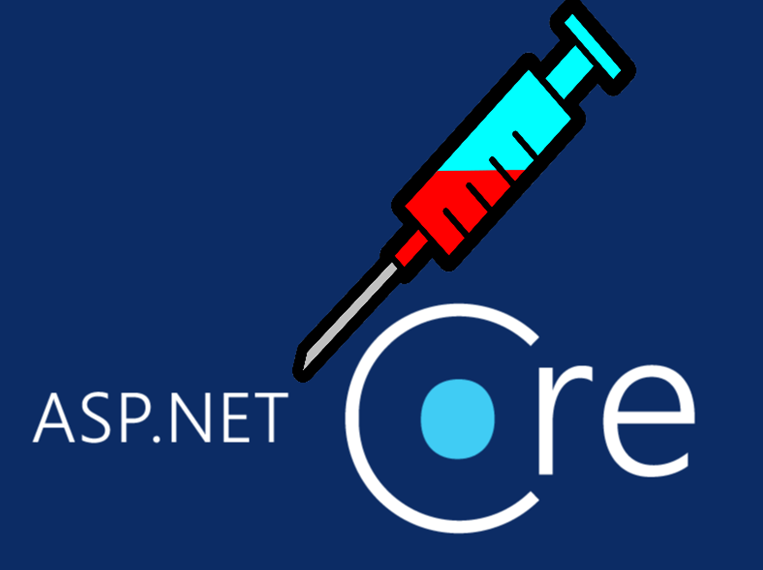The field of pharmacy plays a crucial role in healthcare, bridging the gap between medical sciences and patient care. Pursuing a Diploma in Pharmacy (D Pharmacy) offers an excellent opportunity for individuals to become skilled healthcare professionals who can work in pharmacies, hospitals, research institutions, and many other medical fields. A key part of this journey is the first year of D Pharmacy, where foundational knowledge in the pharmaceutical sciences is laid out.
In this article, we will provide a comprehensive guide to the D Pharmacy 1st Year Notes, covering essential topics, tips for effective study, and strategies to ensure academic success. Whether you are a first-year D Pharmacy student or someone interested in this field, this guide will help you understand the key concepts of your curriculum and how to excel in your exams.
Understanding the D Pharmacy Curriculum
The D Pharmacy course is typically a two-year program that prepares students for a career in the pharmaceutical industry. The first year of D Pharmacy is critical because it introduces students to the basics of pharmacy practice, medical chemistry, pharmacology, and other core subjects. By the end of the first year, students are expected to have a strong foundation in pharmaceutical sciences, which will be further built upon in the second year.
Key Subjects in D Pharmacy 1st Year
The D Pharmacy 1st Year Notes generally cover the following subjects:
- Pharmaceutics-I (Physical Pharmaceutics)
Pharmaceutics is the branch of pharmacy that deals with the formulation and preparation of drugs. The first part, Pharmaceutics-I, focuses on the principles of physical chemistry as applied to the pharmaceutical sciences. Topics typically include:- States of matter and phase transitions
- Solutions, suspensions, and emulsions
- Colloidal systems
- Rheology and viscosity
- Theories of drug release
In this subject, students are introduced to the methods and techniques used in the formulation of drugs, which is essential for the preparation of various pharmaceutical dosage forms like tablets, syrups, creams, and ointments.
- Pharmacology-I (General Pharmacology)
Pharmacology is the study of how drugs interact with the body. The first part of pharmacology covers the general principles of pharmacology, including:- Drug absorption, distribution, metabolism, and excretion (ADME)
- Pharmacokinetics and pharmacodynamics
- Drug receptors and signal transduction
- Toxicology and adverse drug reactions
Understanding these fundamental principles helps students appreciate how drugs exert their effects and how they can be used safely and effectively.
- Pharmaceutical Chemistry-I (Organic Chemistry)
Pharmaceutical Chemistry focuses on the chemical aspects of drug design and development. In the first year, students study organic chemistry, which forms the basis for understanding how drugs are synthesized, their chemical properties, and how they interact with biological systems. Topics include:- Structure and properties of organic compounds
- Functional groups and their reactions
- Mechanisms of organic reactions
- Synthesis of medicinal compounds
A good grasp of organic chemistry is essential for understanding the structure-activity relationships of pharmaceutical compounds and for the development of new drugs.
- Biochemistry
Biochemistry is the study of the chemical processes and substances that occur within living organisms. In D Pharmacy, biochemistry is vital for understanding how drugs interact with the body at a molecular level. Topics typically include:- Carbohydrates, proteins, lipids, and nucleic acids
- Enzymes and coenzymes
- Metabolism and energy production
- Hormonal regulation and signaling pathways
This subject helps students understand the biochemical pathways that drugs may affect in the body and how they contribute to therapeutic outcomes.
- Human Anatomy and Physiology
This subject covers the structure and function of the human body, which is essential knowledge for pharmacy students. Understanding human anatomy and physiology helps students comprehend how drugs interact with various body systems. Topics include:- The musculoskeletal, circulatory, respiratory, and digestive systems
- The nervous, endocrine, and excretory systems
- Homeostasis and regulation of body functions
This subject lays the groundwork for more advanced courses in pharmacology and therapeutics in the second year.
- Health Education and Community Pharmacy
In addition to scientific knowledge, pharmacy students are also trained to interact with patients and the community. This subject focuses on health education, basic healthcare practices, and the role of a pharmacist in promoting public health. Topics might include:- Communication skills in healthcare
- Preventive healthcare and wellness
- Basic first aid and emergency care
- Pharmaceutical services in community settings
This subject is essential for developing practical skills for working as a pharmacist in real-world settings.
Importance of D Pharmacy 1st Year Notes
The D Pharmacy 1st Year Notes serve as a valuable resource for students throughout the year. These notes summarize the core concepts covered in lectures and provide an easy-to-understand reference for studying. Well-organized and comprehensive notes are instrumental in helping students grasp difficult topics, review for exams, and stay on top of assignments and practicals.
How to Use D Pharmacy 1st Year Notes Effectively
To maximize the benefits of your D Pharmacy 1st Year Notes, consider these strategies:
- Stay Organized
Keep your notes well-organized by subject and topic. Use clear headings, bullet points, and diagrams to make important information stand out. Color-coding or highlighting key terms can also help you easily locate important points when studying. - Review Regularly
Don’t wait until exams to review your notes. Make it a habit to go over your notes regularly, even if it’s just for a few minutes each day. This helps reinforce your understanding and prevents information from slipping through the cracks. - Use Additional Resources
While your D Pharmacy 1st Year Notes are an excellent starting point, don’t hesitate to refer to textbooks, online resources, and peer discussions for a deeper understanding of complex topics. Many students also find that watching educational videos or participating in study groups can help clarify concepts. - Practice Diagrams and Structures
Many subjects in D Pharmacy, such as biochemistry and organic chemistry, require an understanding of molecular structures and diagrams. Practice drawing these diagrams regularly to reinforce your learning and improve your retention. - Test Your Knowledge
Periodically quiz yourself on the material in your notes. This could be through self-testing, group discussions, or mock exams. Testing your knowledge helps identify areas where you need further study and boosts confidence before exams. - Link Theory to Practical Application
As you study theoretical concepts in your D Pharmacy 1st Year Notes, try to relate them to real-life scenarios. Think about how the knowledge you’re gaining will be used in a pharmacy setting, whether it’s in preparing medications, counseling patients, or understanding drug interactions.
Tips for Success in D Pharmacy 1st Year
- Stay Consistent with Your Studies
Consistency is key to mastering the D Pharmacy curriculum. Regular study sessions, rather than cramming before exams, will help you understand and retain the material. - Engage in Practical Learning
Pharmacy is a practical field, so make the most of any hands-on training or lab sessions. These practicals give you a chance to apply theoretical knowledge to real-world scenarios, which is crucial for your development as a pharmacy professional. - Seek Help When Needed
Don’t hesitate to reach out to your professors or peers if you’re struggling with any topic. Sometimes a different perspective or explanation can make a big difference in understanding complex concepts. - Balance Your Studies and Well-being
Studying for D Pharmacy requires dedication, but it’s important to balance academic work with personal well-being. Take breaks, get enough rest, and engage in activities that relax and rejuvenate you. A healthy mind and body are essential for success in your studies. - Stay Updated with Current Trends in Pharmacy
Pharmacy is a rapidly evolving field, with new drug discoveries and advancements in pharmaceutical technology. Stay informed about current trends and developments in the industry by reading journals, attending webinars, and following reputable online platforms.
Conclusion
The first year of D Pharmacy is the foundation of your pharmaceutical education. It’s crucial to build a strong understanding of key subjects like pharmaceutics, pharmacology, pharmaceutical chemistry, biochemistry, and human anatomy. Your D Pharmacy 1st Year Notes are an essential tool that can help you navigate the complexities of the curriculum, reinforce your learning, and prepare for exams. By staying organized, practicing regularly, and actively engaging with the material, you’ll be well-equipped to succeed in your D Pharmacy journey.
Remember, consistency, hard work, and a passion for learning are the keys to excelling in the pharmaceutical field. The knowledge you gain in your first year will set the stage for a rewarding career in pharmacy, where you can contribute to the health and well-being of individuals and communities. Good luck!














